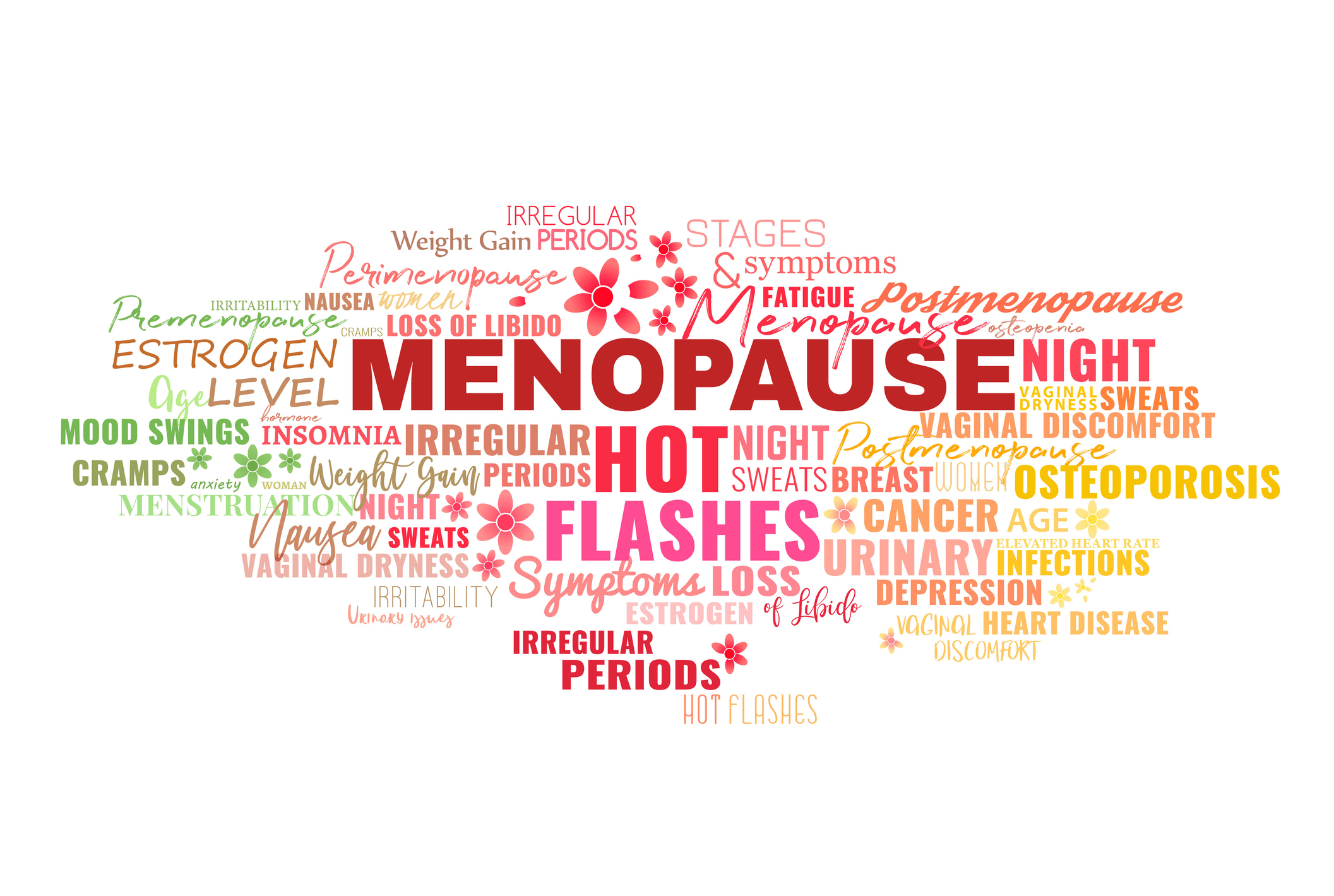There was a time, not long ago, when the symptoms of perimenopause were either not taken seriously or not discussed at all – in public or even between women or with their doctors. Many young women grew up learning only the bare minimum about their reproductive system and nearly nothing about the stage of life when menstruation ceases. Their doctors were taught precious little in training about “the change” and treatments and lifestyle changes that could help women thrive during this significant transition. Women today aren’t taking it any longer, and the subject of the menopausal journey is being pulled out from behind the shroud of mystery to help women learn more about it, and discover strategies that can help them manage their health and well-being throughout their lives.
According to a recent CBC News report, mid-life women are increasingly pushing to demystify the menopausal journey and demand better support, treatment and education. The average age to reach menopause, when a year has passed since a woman’s last period, is 51. According to Statistics Canada, there are more than 10 million women over the age of 40 in Canada – and many of these women say their menopausal symptoms are often dismissed or trivialized.
Gen X women, born between 1965 and 1980, are leading the charge for aging out loud – including during menopause. Forbes recently reported that the 40 million 50+ American women represent over $15 trillion dollars in purchasing power and are the healthiest, wealthiest, and most active generation in history. It’s no surprise then to learn that this cohort is creating companies that focus on the specific needs of women, helping them to thrive in mid-life while busting myths, and cracking taboo topics associated with menopause wide open.
Hormonal fluctuations during the menopausal years affect women in their 40s and 50s – a period of life when many are also coping with the heavy demands of careers, raising children, and caring for aging parents. While women may be aware of the hot flashes and menstruation changes linked to menopause – other common symptoms like heart palpitations, urinary tract infections, brain fog, sleep problems, anxiety and depression can come as a shock. Armed with more information and treatment options, women are helping to educate their peers, advocate for better care options, and create support systems that help to bust the shame and stigma associated with the menopausal journey.
The Menopausal Foundation of Canada is a unique resource that helps women better navigate their care and optimize their lives – something that’s hard to do when you are waking up at 3:30 am every morning in a cold sweat. The menopause-positive movement has also given way to a burgeoning new market for products and services to help support women through these important years with dignity, good information, and a shared sense of strength and empowerment.
Learn more about thriving during the menopausal years by following this link to Menopause Chicks, a private community for women experiencing the symptoms of menopause and perimenopause.






Add Your Voice
0 Comments
Join the Discussion